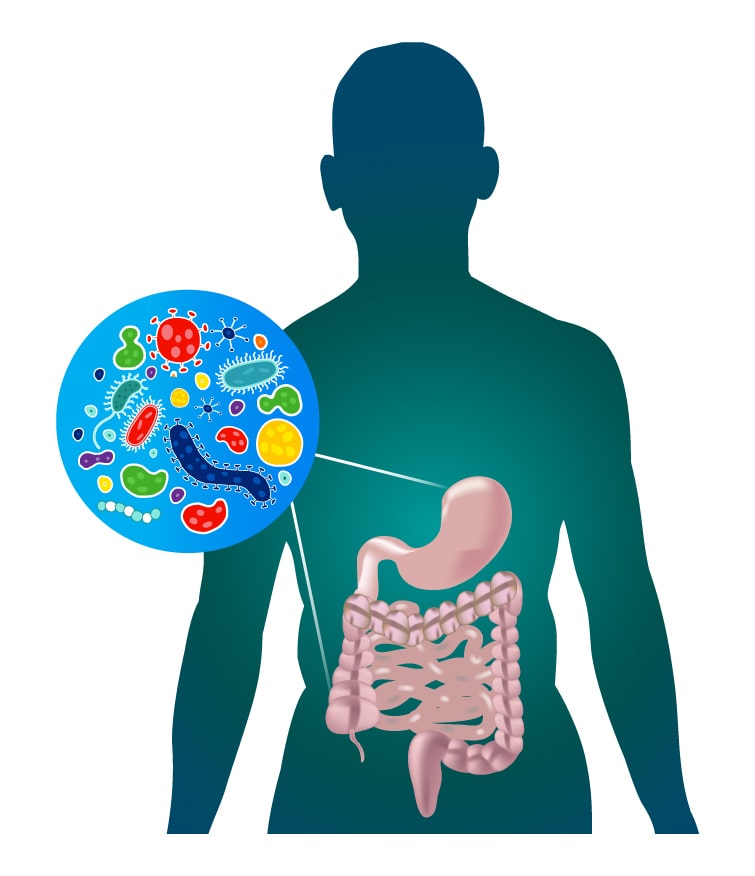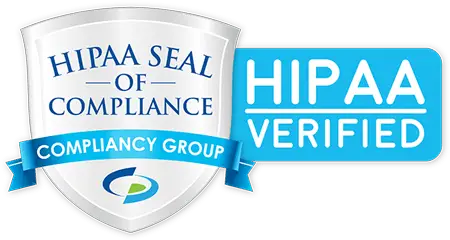Unlocking the Connection Between the Gut Microbiome, Muscle Function, and Cognition in the Elderly: Insights from the PROMOTe Trial
The interplay between our gut health and overall wellbeing has captivated the scientific community for years. In an ambitious exploration of this relationship, the PROMOTe (Promotion of Muscle function and Cognition) trial has recently shed light on how gut microbiome modulation could influence muscle function and cognitive health in the elderly.
This study involved 36 twin pairs, aged 60 and above, who underwent a 12-week intervention involving prebiotic supplementation, resistance exercise, and branched-chain amino acid supplementation. The trial’s double-blind, placebo-controlled design ensured the reliability of its outcomes.
One of the key findings was the distinct impact of prebiotic supplementation on cognition. While muscle function parameters showed no significant difference between the prebiotic and placebo groups, cognitive measures hinted at a promising improvement among those receiving the prebiotic supplement.
These results underscore the intricate relationship between gut health and brain function. They suggest that targeting the gut microbiome could offer a novel avenue for enhancing cognitive health among the aging population.
Moreover, the trial’s success in employing a remote methodology to engage older participants highlights the feasibility of conducting comprehensive health interventions outside traditional clinical settings. This approach could democratize access to cutting-edge health strategies, making them more accessible to wider demographics.
In conclusion, the PROMOTe trial not only illuminates the potential cognitive benefits of gut microbiome modulation but also sets a precedent for future research in this realm. As we continue to unravel the complex connections between our gut health and overall wellbeing, such studies are invaluable, pointing us toward innovative strategies to support aging populations in maintaining mental acuity and vitality.
Reference:
Ni Lochlainn, M., Bowyer, R.C.E., Moll, J.M. et al. Effect of gut microbiome modulation on muscle function and cognition: the PROMOTe randomised controlled trial. Nat Commun 15, 1859 (2024). https://doi.org/10.1038/s41467-024-46116-y
Recent Blog Posts
-
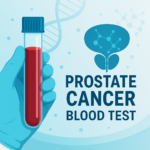 13 Jun 2025MTL Epitherapeutics and RI-MUHC Develop Early Prostate Cancer Blood Test
13 Jun 2025MTL Epitherapeutics and RI-MUHC Develop Early Prostate Cancer Blood Test -
 11 Jan 2025EpiAge Research Publication Signals a New Era in Understanding Biological Aging
11 Jan 2025EpiAge Research Publication Signals a New Era in Understanding Biological Aging -
 18 Nov 2024EpiMedtech Global Announces FDA Registration of EPIAGE, the First Epigenetic Age Test Registered by the FDA
18 Nov 2024EpiMedtech Global Announces FDA Registration of EPIAGE, the First Epigenetic Age Test Registered by the FDA -
 18 Nov 2024EpiMedTech Global Validates Unique epiCervix HPV Combo Test for Cervical Cancer Detection
18 Nov 2024EpiMedTech Global Validates Unique epiCervix HPV Combo Test for Cervical Cancer Detection -
 31 Oct 2024HKG epiTherapeutics’ MetaGen Genetic Risk Assessment Test Receives FDA Registration, Now Available in the U.S.
31 Oct 2024HKG epiTherapeutics’ MetaGen Genetic Risk Assessment Test Receives FDA Registration, Now Available in the U.S. -
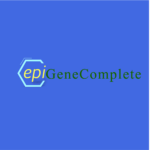 31 Oct 2024EpiMedTech Global Launches epiGeneComplete: A Breakthrough Genetic and Epigenetic Test for Comprehensive Health Diagnostics
31 Oct 2024EpiMedTech Global Launches epiGeneComplete: A Breakthrough Genetic and Epigenetic Test for Comprehensive Health Diagnostics -
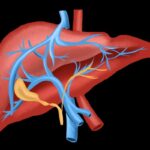 30 Oct 2024Enhanced Early Detection of Liver Cancer
30 Oct 2024Enhanced Early Detection of Liver Cancer -
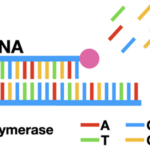 08 Oct 2024Are Microarrays Still Reliable? How Next-Generation Sequencing Outperforms Traditional Methods
08 Oct 2024Are Microarrays Still Reliable? How Next-Generation Sequencing Outperforms Traditional Methods

